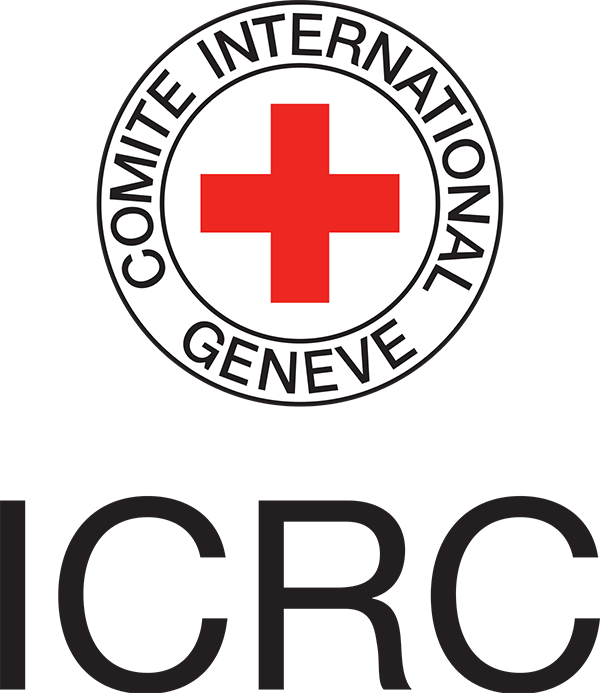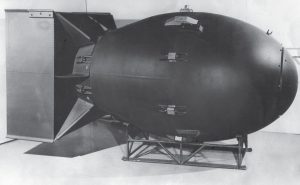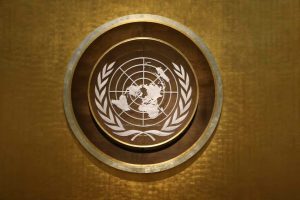The International Committee of the Red Cross (ICRC) has called for the prohibition of nuclear weapons since September 1945. From 1948, the entire International Red Cross and Red Crescent Movement, through its international conferences, has advocated the prohibition of weapons of mass destruction in general, and of nuclear weapons in particular.
This call was first driven by the unspeakable suffering caused by the atomic bombs in Hiroshima and Nagasaki, which the ICRC and the Japanese Red Cross witnessed first-hand while attempting to bring relief to the dying and injured. The nuclear blasts had wiped out these cities, instantly killing tens of thousands of people, obliterating medical facilities, and leaving behind appalling conditions for survivors. Tens of thousands more died in the following years due to radiation poisoning. Japanese Red Cross hospitals have continued each year to treat many thousands of survivors who have suffered, and died, from cancers and other diseases linked to exposure to nuclear radiation in 1945.
The International Red Cross and Red Crescent Movement’s call to prohibit and eliminate nuclear weapons has also been guided by the fact that no national government or international organization has the capacity to respond to the colossal humanitarian needs that the use of nuclear weapons would generate. If a nuclear weapon were to detonate in or near a populated area, there would be an overwhelming number of people in need of treatment, while most of the local medical facilities would be destroyed. Assistance providers would also face serious risks associated with exposure to ionizing radiation. The ICRC’s own studies, and those of UN agencies, have found that in most countries and at the international level, there is little capacity and no realistic or coordinated plan to deal with these tremendous challenges.
The horrific immediate and long-term consequences of nuclear weapons, some of which are described above, can hardly be reconciled with the fundamental rules of international humanitarian law that bind all States. On this basis, in 2011, the International Red Cross and Red Crescent Movement appealed to all States to ensure that these weapons are never again used and are eliminated through a legally binding international agreement, based on their existing obligations and commitments. In 2017, the International Red Cross and Red Crescent Movement called on all States to promptly sign, ratify or accede to, and faithfully implement the Treaty on the Prohibition of Nuclear Weapons.
- Video: What are the chances of a nuclear bomb being dropped again?Will a nuclear bomb be used again?
- Video: What would you choose in a nuclear attack? To live or die?
- ICRC on Nuclear WeaponsSince the first and only use of nuclear weapons in 1945, the international community has wrestled with the issue of how the law of war applies to such weapons.
- ICRC Nuclear Weapons ResourcesThe International Red Cross and Red Crescent Movement calls on States to ensure nuclear weapons are never used again.
- Video: A price too high: Rethinking nuclear weapons in light of their human costThe e-briefing you are about to enter shows the catastrophic humanitarian consequences of nuclear weapons.





